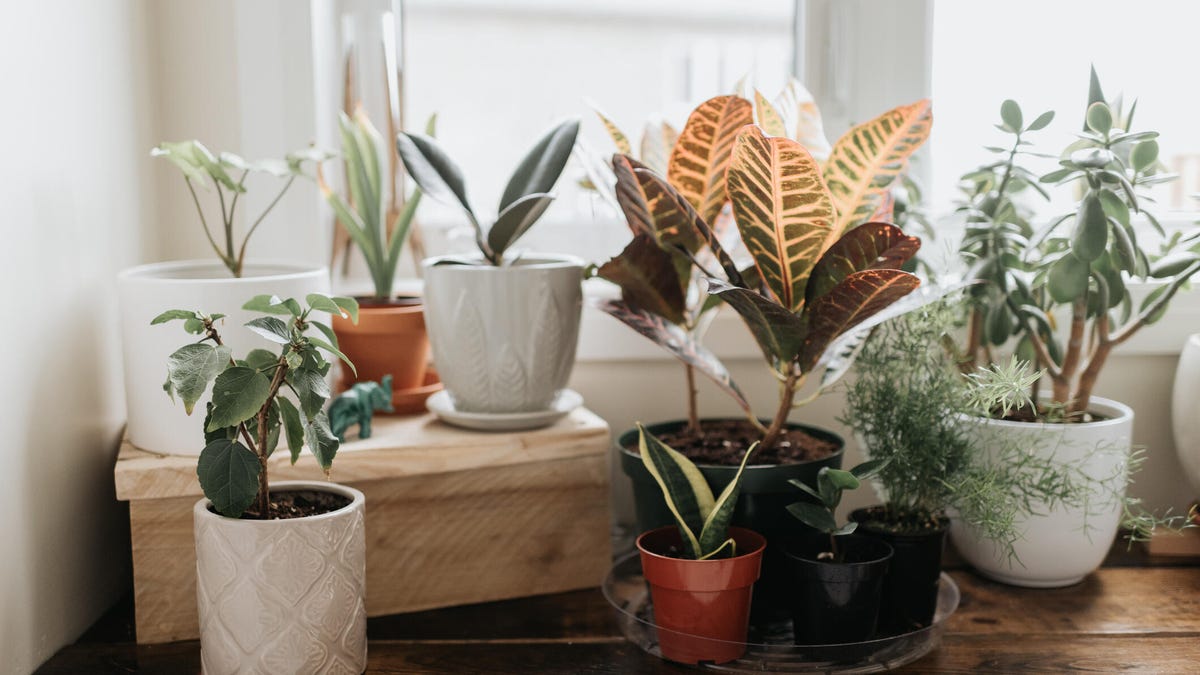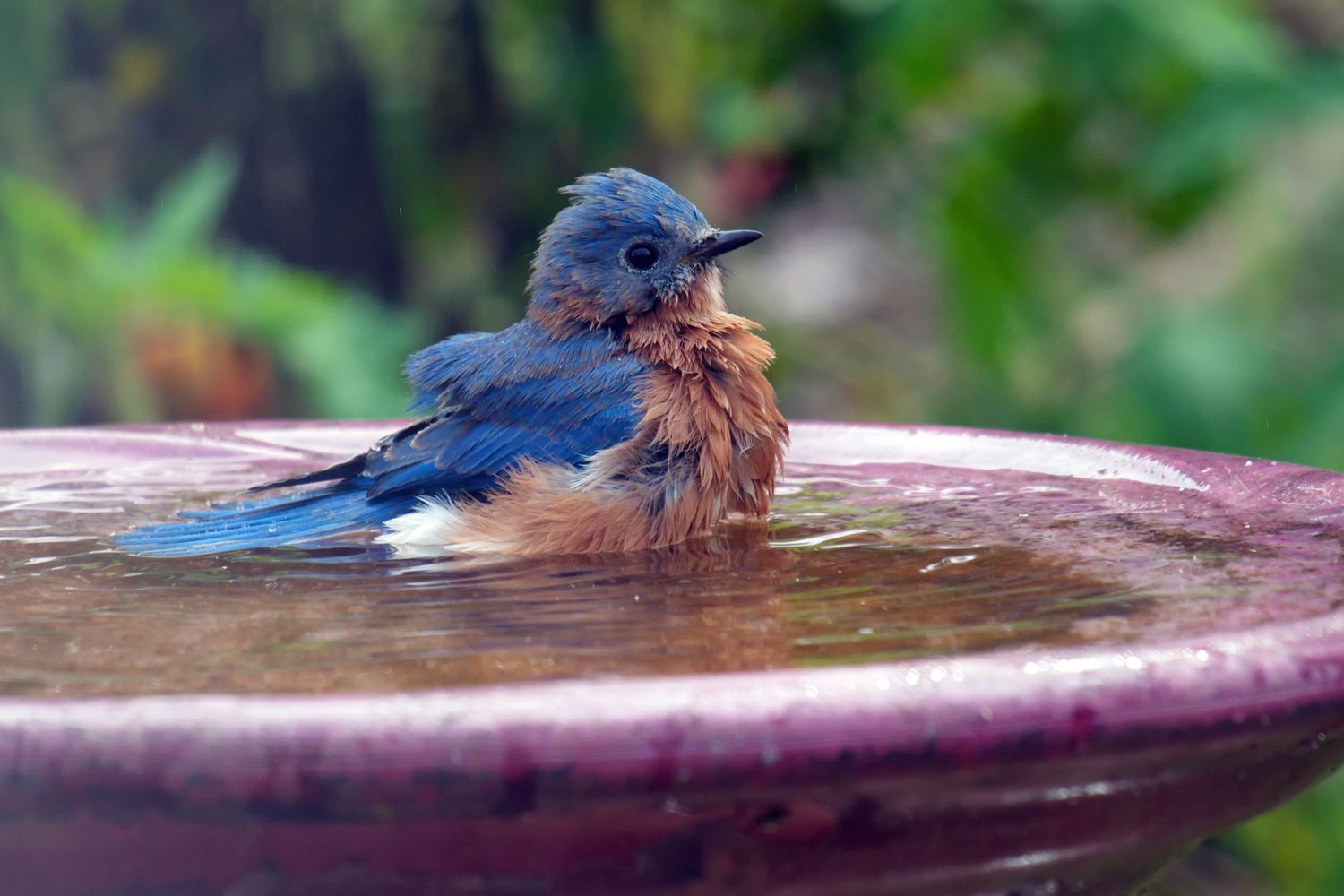As we welcome the warmer months, our homes and gardens become lively hubs of activity not just for us but also for an array of insects. While some bugs play beneficial roles in our ecosystem, others can be quite the nuisance, making it essential to find effective and natural ways to keep them at bay. Utilizing indoor and outdoor plants that naturally repel bugs offers an eco-friendly solution to this common problem, harmonizing our love for nature with practical pest control.
Integrating plants with pest-repellent properties into your living spaces can serve as a first line of defense against unwanted insects. Among these botanical allies, citronella grass stands out, especially for its ability to ward off mosquitoes, thanks to its strong aroma. Similarly, the delightful scent of lavender, apart from soothing human senses, acts as a deterrent for mosquitoes, moths, and flies. Additionally, marigolds, with their bright blooms, not only add color to your garden but also repel a variety of insects, including mosquitoes and aphids, thanks to their unique fragrance.

- Discover the beauty and utility of outdoor plants that double as natural protectors against insects. Source: https://www.facebook.com/realsimple/ – realsimple.com
For those who cherish their herb gardens, it’s pleasing to know that many herbs are also natural bug repellents. Basil, for instance, can keep flies and mosquitoes at bay, while rosemary’s aromatic oils deter carrot flies, cabbage moths, and bean beetles. Meanwhile, peppermint, with its vigorous scent, repels ants and beetles. Even culinary favorites like sage and catnip, when strategically placed around the home or garden, can contribute to a pest-free environment, with catnip being notably more effective than DEET in repelling mosquitoes.

- Embrace indoor greenery that serves to beautify your space and naturally ward off pests. Source: @CNET – cnet.com
To enhance the insect-repelling effectiveness of these plants, consider implementing companion planting strategies where plants support each other’s growth and pest resistance. Healthy plants are better at repelling pests, so proper care including adequate sunlight, watering, and soil conditions, is essential. Sometimes, the mere act of planting certain varieties in proximity can amplify their repellent effects. Alongside these natural plant defenses, maintaining clean and dry environments, devoid of stagnant water and excessive debris, will further dissuade insects from taking up residence in your spaces.

- Marigolds: Not just bright and beautiful, but a fragrant fortress against pests. Source: gardendesign.com
Turning to plants for bug control reflects a growing preference for natural and sustainable solutions over chemical treatments. Not only do these plants offer a shield against insects, but they also enhance our living spaces with beauty and fragrance. While the effectiveness of plants in repelling insects can vary, incorporating them into your home and garden is a step toward a more natural pest control method.

- The citronella plant: A symbol of natural pest control and a reminder of the power of plant-based barriers. Source: https://www.facebook.com/realsimple/ – realsimple.com
In conclusion, plants offer a harmonious way to deter pests, enrich our homes with natural beauty and fragrance, and reduce our reliance on chemical repellents. As you integrate these green defenders into your spaces, remember the importance of maintaining their health for optimal effectiveness. However, for severe infestations, don’t hesitate to consult professional pest control services. Transitioning to plant-based bug repellents not only supports biodiversity but also promotes a healthier, more sustainable relationship with our environment.
